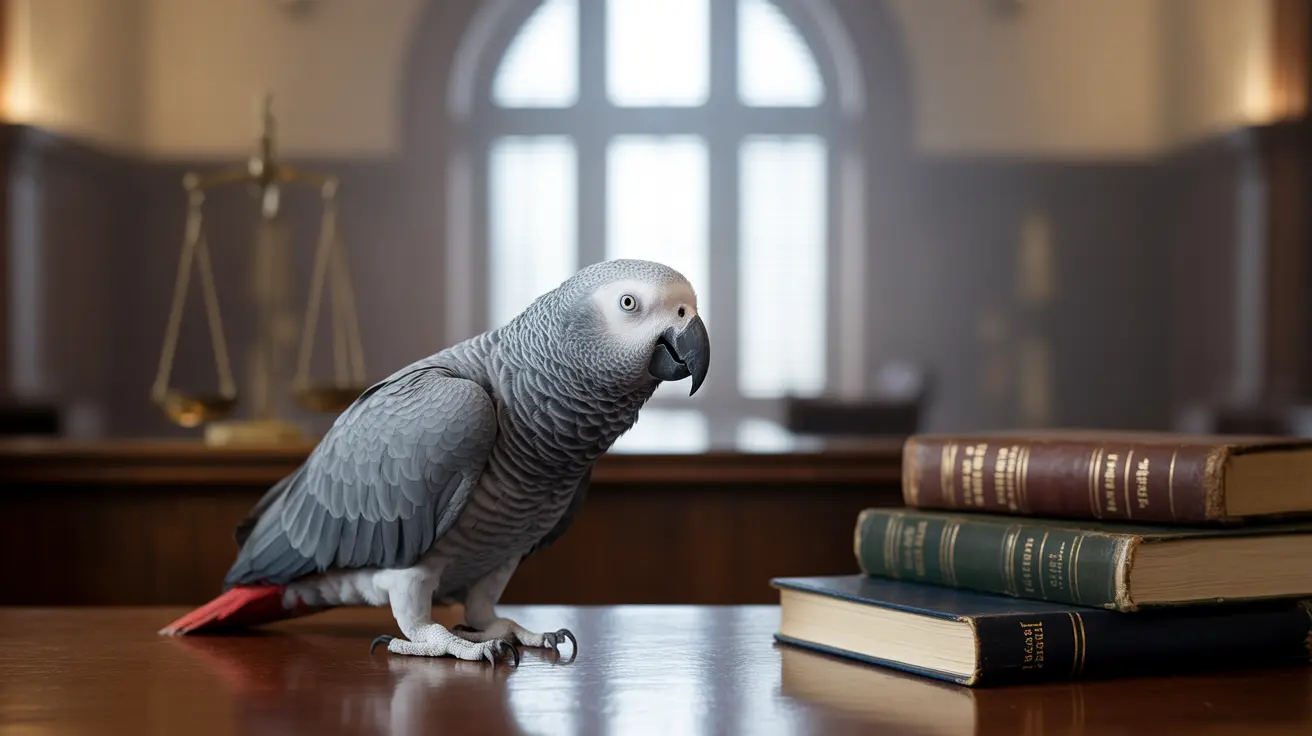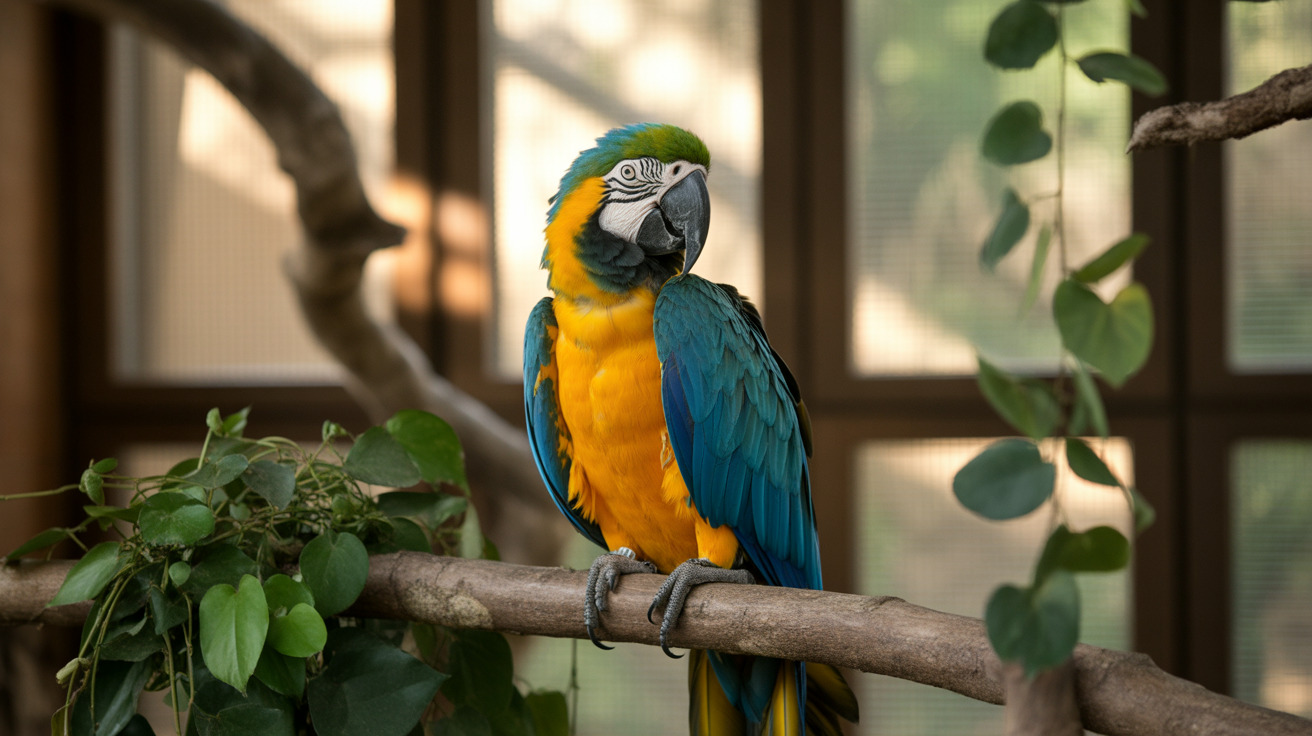Can Dogs Eat Pretzels? What to Know Before Sharing This Snack
Pretzels are a beloved treat for many humans, but when it comes to our furry companions, caution is key. Though a small bite may not harm your dog, pretzels pose several potential dangers that pet owners should be aware of.
Why Pretzels Aren't Ideal for Dogs
While the core ingredients of pretzels—flour, water, yeast, sugar, and salt—are not inherently toxic to dogs, the high sodium content and added seasonings can be hazardous.
- High salt levels: Dogs need far less sodium than humans. Consuming salty foods like pretzels can lead to sodium ion poisoning, especially in large quantities.
- Risk of toxicity from toppings: Seasoned or coated pretzels may contain ingredients such as garlic, onion, xylitol, and chocolate, which are toxic to dogs.
- Excess carbohydrates and calories: Dogs don't require significant carbohydrates in their diet. Consuming them may lead to obesity and complications like diabetes or high blood pressure.
Symptoms of Salt or Toxic Ingredient Poisoning
If your dog eats pretzels in large amounts or with dangerous additives, watch for these symptoms:
- Vomiting or diarrhea
- Excessive thirst or urination
- Disorientation or confusion
- Tremors or seizures
- Lethargy
- Severe cases can lead to coma or death
Small dogs, puppies, or those with underlying health conditions such as heart or kidney disease are particularly at risk.
What to Do If Your Dog Eats a Pretzel
- Check what type and amount of pretzel was eaten.
- Look at the ingredients, especially for toxic substances like xylitol or chocolate.
- Monitor for any symptoms over the next few hours.
- Contact your vet or the Pet Poison Helpline if any symptoms occur or if you're unsure.
In many cases, a healthy dog eating one or two plain, unsalted pretzels as a one-time event will likely be fine, experiencing at most mild discomfort.
Toxic Additives to Watch For
- Xylitol: Even small amounts can cause hypoglycemia and liver failure.
- Chocolate: Contains theobromine, toxic to dogs.
- Garlic or onion powder: Can damage red blood cells.
- Nutmeg: Causes neurological issues.
Yogurt-covered pretzels might seem benign but often contain xylitol or high sugar, both unsafe. Similarly, avoid honey mustard, fudge, or caramel-coated pretzels.
Soft vs. Hard Pretzels: Any Difference?
Soft pretzels often have more salt and a denser texture, increasing the choking or digestive blockage risk. Hard pretzels can scrape or splinter and are similarly high in salt. Both types are best avoided.
Healthier Dog-Friendly Snack Alternatives
Instead of salty, high-carb snacks like pretzels, offer your dog safe, nutritious treats:
- Fruits: Apples (seedless), bananas, blueberries, mango, melon, oranges
- Vegetables: Carrots, broccoli, pumpkin, celery, spinach
- Cooked legumes: Unseasoned green beans, peas, lentils
- Safe nuts: Peanuts or cashews in moderation
- Commercial dog treats: Specially formulated to meet your pet’s dietary needs
Preventive Measures
- Don't feed your dog human snacks unless verified as pet-safe.
- Always read food labels for hidden toxins such as xylitol.
- Keep all seasoned and flavored snacks out of reach.
- Educate family and visitors not to share treats with your dog.
Conclusion
While it’s tempting to share your snack, pretzels offer no nutritional benefit to dogs and may even cause short- or long-term health problems. Though a healthy dog is unlikely to suffer from ingesting a small, plain pretzel, it’s best to avoid this salty, carbohydrate-heavy snack. Instead, opt for safe, low-sodium treats designed with your dog’s health in mind.





